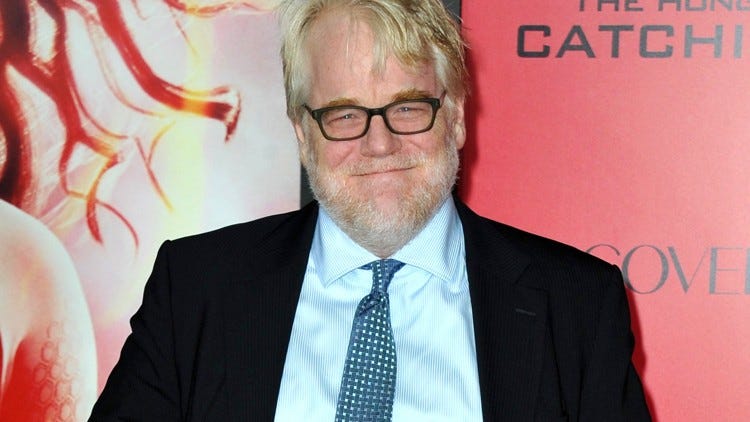The Life and Legacy of Philip Seymour Hoffman

Introduction
Philip Seymour Hoffman was an American actor, director, and producer whose talents left an indelible mark on the film industry. Best known for his intense performances and versatility, Hoffman was able to capture the complexities of human emotions, making him one of the most respected actors of his generation. His passing in 2014 was a significant loss to the arts, and discussions continue about his impact and the future of his work in cinema.
Career Highlights
Hoffman was born on July 23, 1967, in Fairport, New York, and began his acting career in the late 1990s. He gained critical acclaim for roles in films such as ‘Capote’ (2005), where he portrayed Truman Capote, earning an Academy Award for Best Actor. His other notable works include performances in ‘The Master’ (2012), ‘Synecdoche, New York’ (2008), and ‘Moneyball’ (2011). Hoffman’s distinctive technique often involved deep character immersion, allowing him to bring authenticity to each role. His performance in ‘Capote’ is particularly celebrated for the nuances he brought to the character, showcasing his dedication to acting.
The Impact of His Passing
Hoffman’s untimely death at the age of 46 greatly affected the film community. He was found dead in his New York City apartment, and subsequent reports revealed a history of substance abuse struggles, a reminder of the pressures faced by those in the spotlight. Many fellow actors, filmmakers, and fans mourned his loss, reflecting on the duality of his brilliance and personal challenges. The Oscar-winning actor has since been remembered not only for his roles but also for his contributions to theatre, directing stage performances and co-founding the LAByrinth Theater Company.
Hoffman’s Legacy in Film and Theatre
In the years following his death, Hoffman’s work has continued to resonate, with many tributes highlighting his profound influence. Festivals and retrospectives have celebrated his filmography, inviting new audiences to discover his performances. Discussions surrounding his roles often emphasize his ability to tackle complex characters, illustrating the depth he brought to every project. His legacy also sparks conversations about mental health and addiction, furthering the dialogue around the pressures that accompany fame. For those who admire his work, the exploration of Hoffman’s films serves as a testament to his extraordinary talent.
Conclusion
Philip Seymour Hoffman’s contributions to cinema are enduring, and his legacy remains a topic of conversation among film enthusiasts and scholars. As new generations discover his performances, it is clear that Hoffman’s artistry transcends his physical departure. His work reminds us of the beauty of film and theatre, illuminating the human experience through storytelling. As we reflect on his life, it is essential to celebrate both his successes and the important discussions that his story inspires, ensuring that his legacy persists in our cultural narrative.









